Recently, the appearance of the movie Chot Don! - with the female lead created entirely by artificial intelligence (AI) technology instead of Thuy Tien - has sparked many debates among professionals and movie-loving audiences.
Some say that Closing the Deal could be the start of a wave of technology replacing humans in the seventh art.
This also raises a series of questions about the future of the Vietnamese film industry in the digital age: Will the application of AI change the film production and licensing process? Is this a new “precedent” for the film industry? And how can Vietnam take advantage of this opportunity to reach the international level?
AI actress announced to replace Thuy Tien in the movie "Close the deal!" (Photo: Provided by the publisher).
Speaking to Dan Tri reporter , Mr. Dang Tran Cuong - Director of the Department of Cinema - stated that the use of AI in the filmmaking process is essentially a form of applying science and technology to film production, part of a series of technological advances that have long been applied by the film industry.
According to the Director, in fact, cinema is one of the art forms that applies high technology the earliest and most strongly, especially in special effects, image and sound processing.
“We do not see the use of AI as a fundamental change in the filmmaking or licensing process, but rather as a natural progression in the application of science and technology to the creation of cinematic art.
All works, whether using real actors, traditional techniques or AI technology, are reviewed, assessed and licensed according to the same transparent and consistent legal process, ensuring compliance with the law," Mr. Dang Tran Cuong clearly stated.
In response to the question: "Does the use of AI actors in the film "Close Order" set a new precedent for the Vietnamese film industry?", the head of the Department of Cinema frankly said: "The use of AI actors does not set a "precedent" in the legal or management sense."
According to Mr. Cuong, this opens up a new and encouraging opportunity for the development of the Vietnamese film industry in the context of global technology integration.
He cited that for difficult scenes, stuntmen or special filming techniques were previously needed, but now, AI technology allows directors to proactively design images and create frames that go beyond physical limits, contributing to enhancing the artistic value and technical quality of the work.
The Director of the Department of Cinema said that AI is not something new in the world cinema industry, but is an inevitable trend.
The fact that Vietnam has begun to apply this technology is a positive signal, showing that our film industry is ready to adapt to digital transformation, innovation and keep up with global development trends, in line with the spirit of Resolution No. 57-NQ/TW of the Politburo on developing science, technology, innovation and national digital transformation.
Mr. Dang Tran Cuong expressed: “From a management perspective, we support and encourage film production units to apply technology in a controlled and legal manner, ensuring artistic quality while meeting requirements on image rights, personal rights and related regulations.”
Mr. Cuong acknowledged that in the context of world cinema gradually transforming from plastic film, digital to artificial intelligence, Vietnam's bold experimentation is encouraging.
The Director also believes that AI brings many creative potentials and practical benefits: “This technology brings unlimited creativity: It can recreate actor images, design complex scenes, simulate spaces that were previously not allowed by cost or technical conditions.
In addition, AI also helps shorten production time and optimize resources - especially for independent or medium-sized film projects.
Early access to modern technology also contributes to improving the quality of domestic cinema and increasing competitiveness in the international market."
Audiences commented that the AI actress still has many similar features to Thuy Tien (Photo: Provided by the publisher).
However, he also warned that the rapid development of AI, along with opportunities, comes certain challenges.
First, there may be issues of personal rights, image copyright and professional ethics in the use of AI images, if not well controlled.
Second, the risk of overusing AI in the creative process can cause films to lack cultural depth and gradually lose their identity if they only follow and focus on technique.
In addition, if AI is involved in stages such as script writing or character building without direction, the film can become disjointed or lack humanity - while this is the core element of cinematic art.
Mr. Cuong emphasized: “The law is a barrier to protect, but at the same time, it is necessary to open up space for creativity. There needs to be close coordination between filmmakers - technology experts - state management agencies to gradually build a modern, creative cinema that still complies with legal regulations, respects individual rights and maintains the spirit of Vietnamese culture.”
As Director of the Department of Cinema, Mr. Cuong especially emphasized the importance of high-quality human resources if we want to apply technology sustainably in cinema.
He believes that every step of the film industry's development is associated with technological advances - from black and white films, color films to digital. Now, the emergence of artificial intelligence, digital effects, big data or virtual reality is continuing the journey of innovation in modern cinema.
“Resolution No. 57-NQ/TW dated December 22, 2024 of the Politburo clearly stated: “Developing science, technology, innovation and digital transformation are decisive factors in the development of countries; are the prerequisites and the best opportunities for our country to develop richly and powerfully in the new era”.
In that context, cinema, with its unique characteristics as an industry that intersects art and technology, has the potential to become a pioneer in implementing new technological achievements, from content production, special effects processing, to distribution and interaction with the audience," the Director stated.
However, to effectively take advantage of these opportunities, according to him, the prerequisite is to train and develop high-quality human resources. It is necessary to build interdisciplinary training programs combining cinematography, information technology, visual effects, digital data and AI applications. This is the core force in creating a modern, creative and unique cinema.
The Director affirmed: “The Department of Cinema is ready to play a guiding role, connecting training facilities, production units and technology enterprises to build a specialized training ecosystem, contributing to the rapid, sustainable development and international integration of the Vietnamese film industry”.
Dantri.com.vn
Source: https://dantri.com.vn/giai-tri/cuc-dien-anh-chot-don-dung-ai-khong-dat-tien-le-moi-cho-nganh-dien-anh-20250806225525999.htm


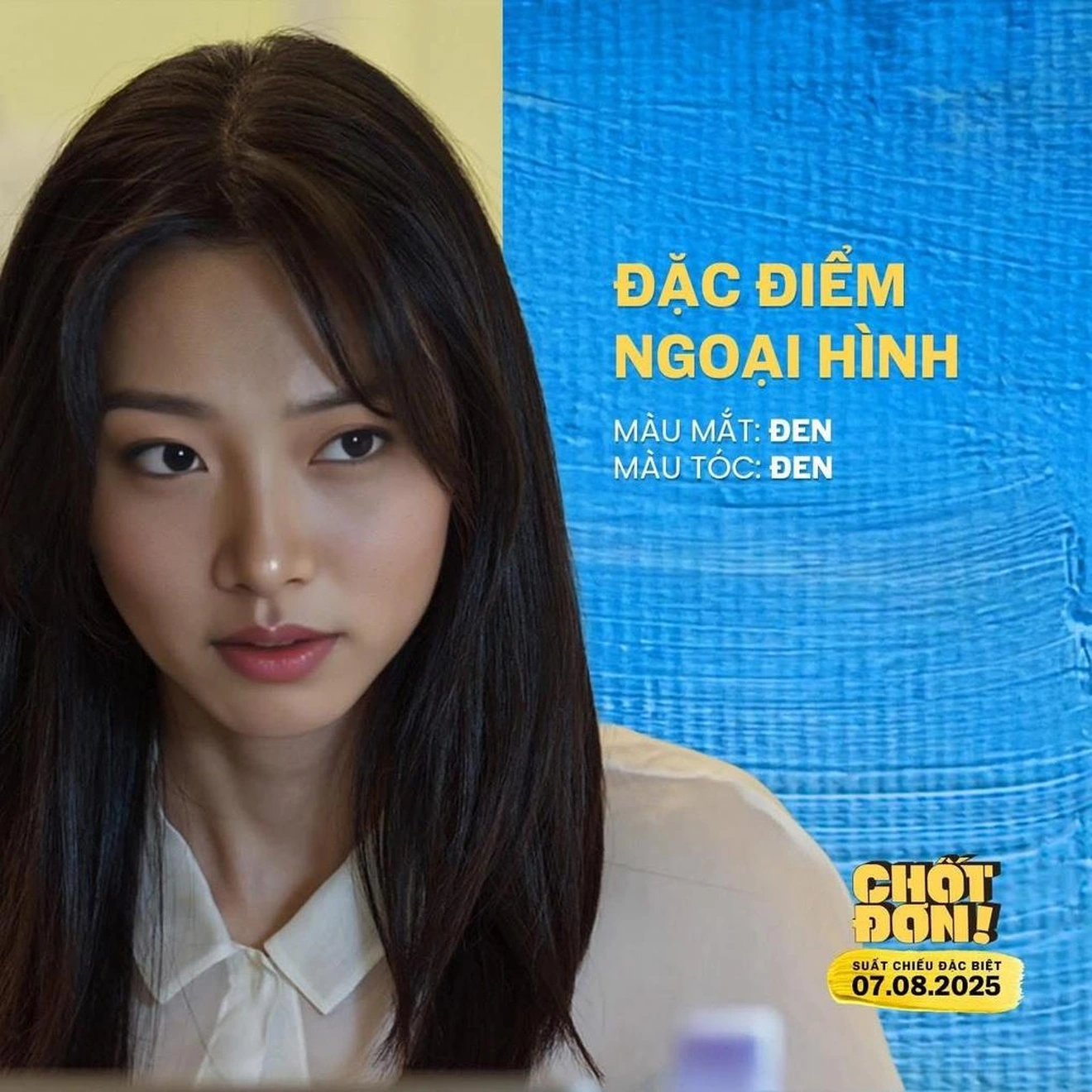
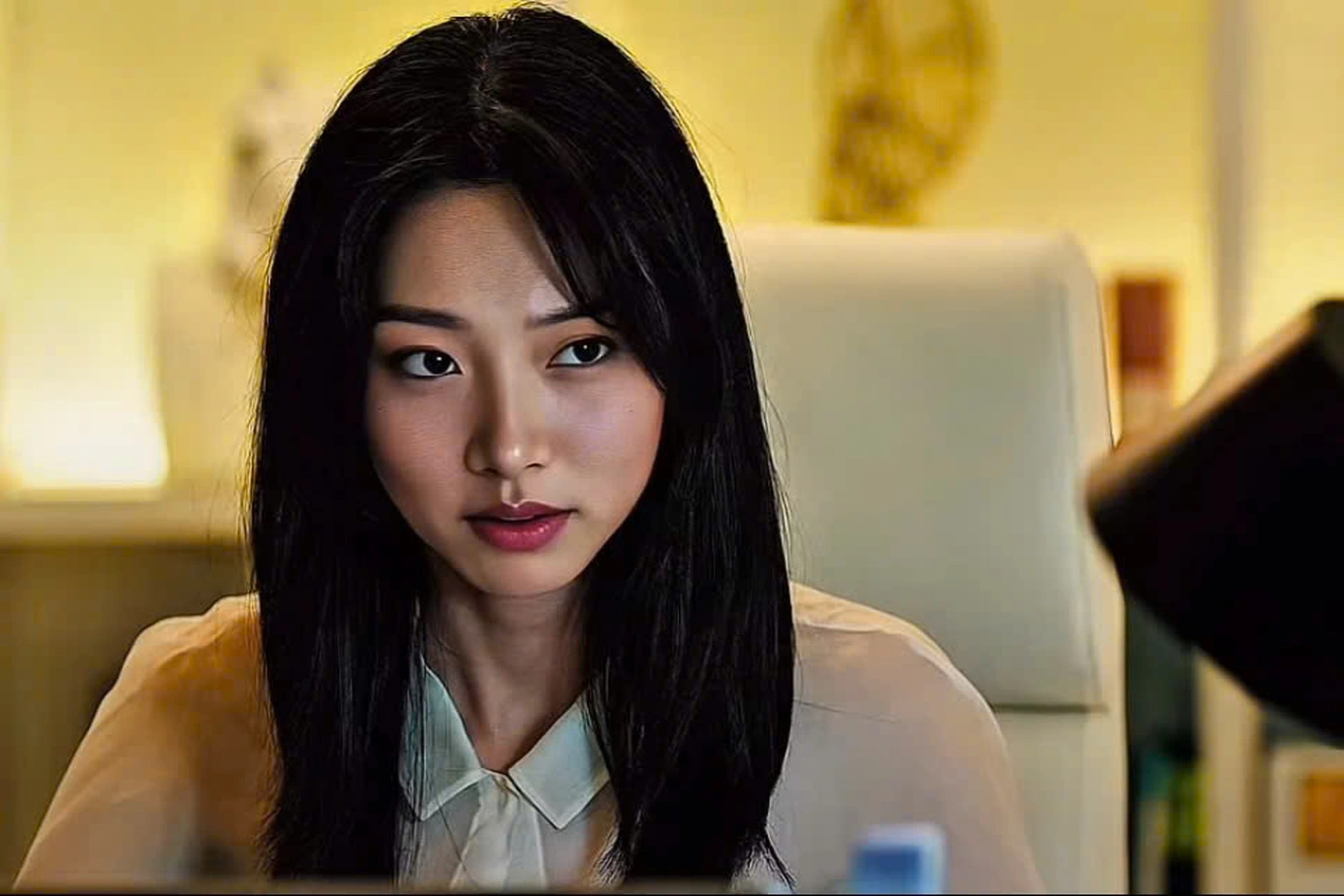
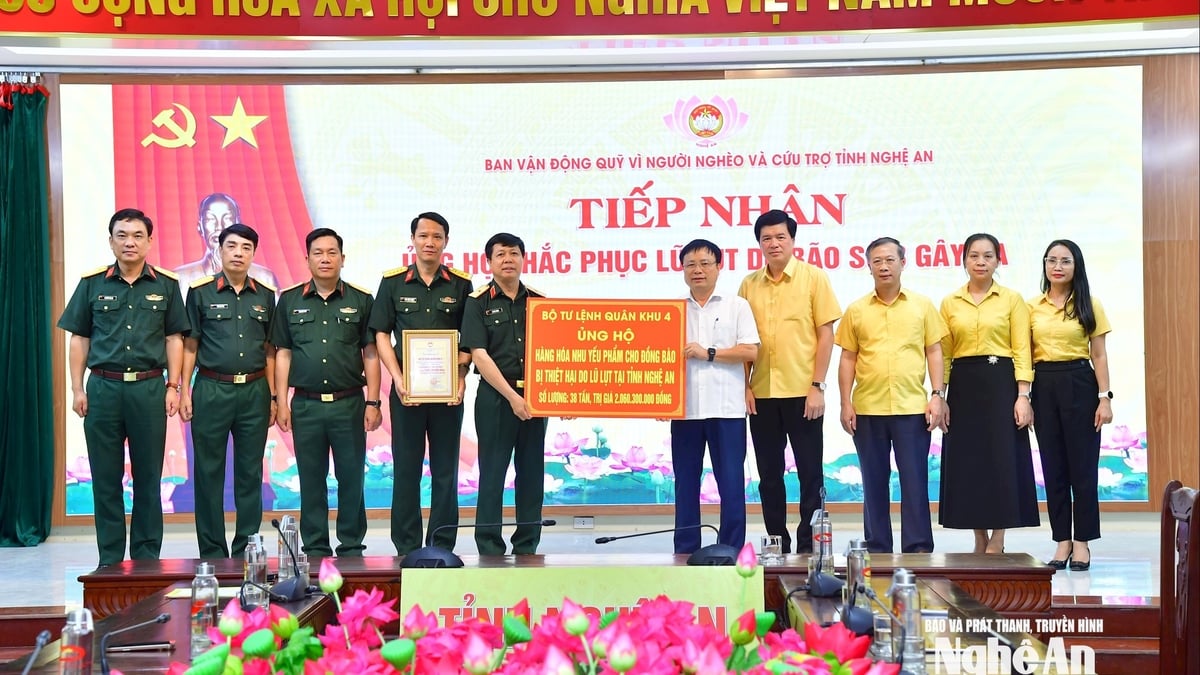
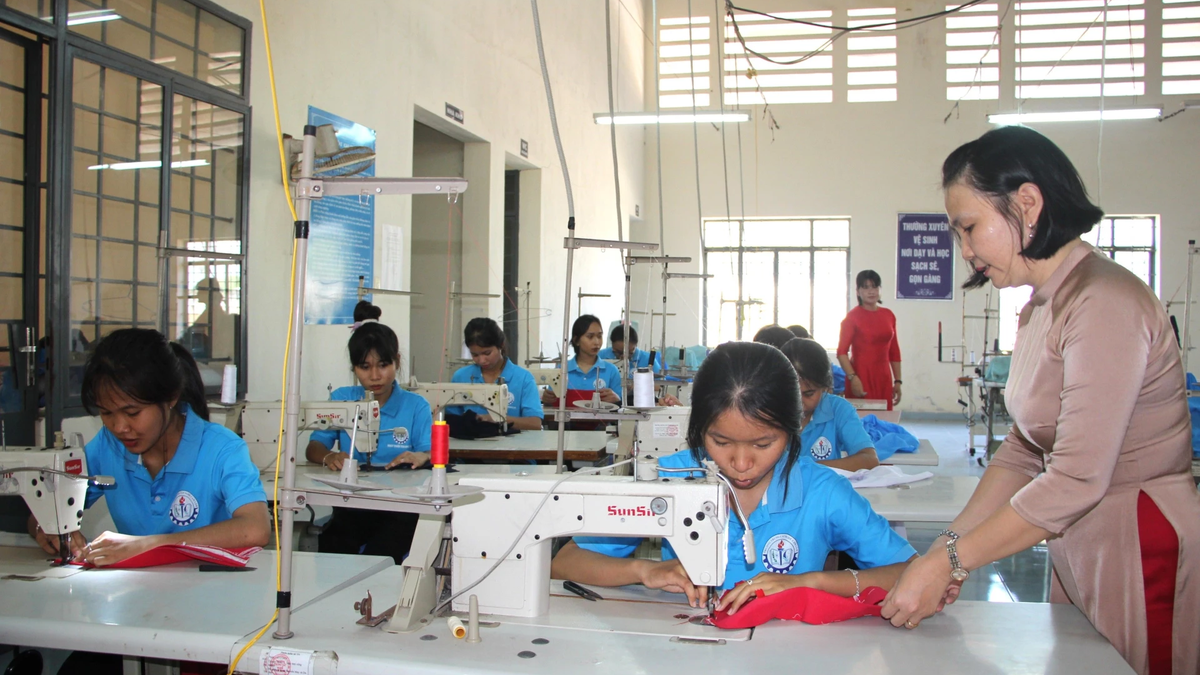
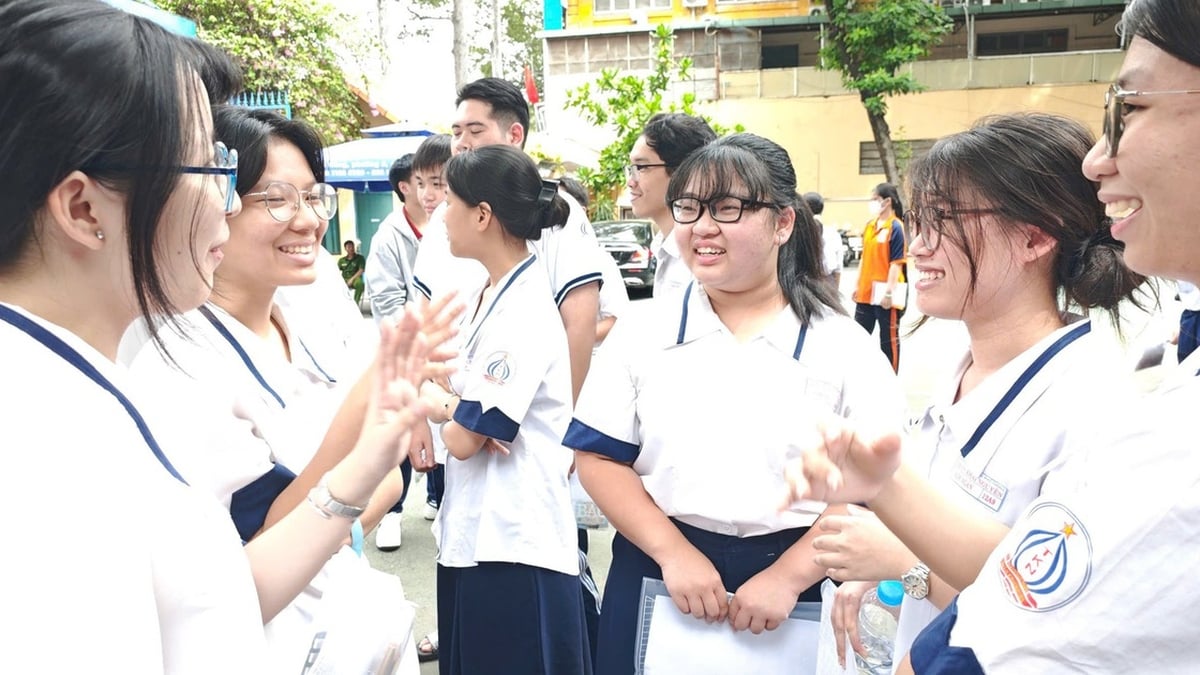
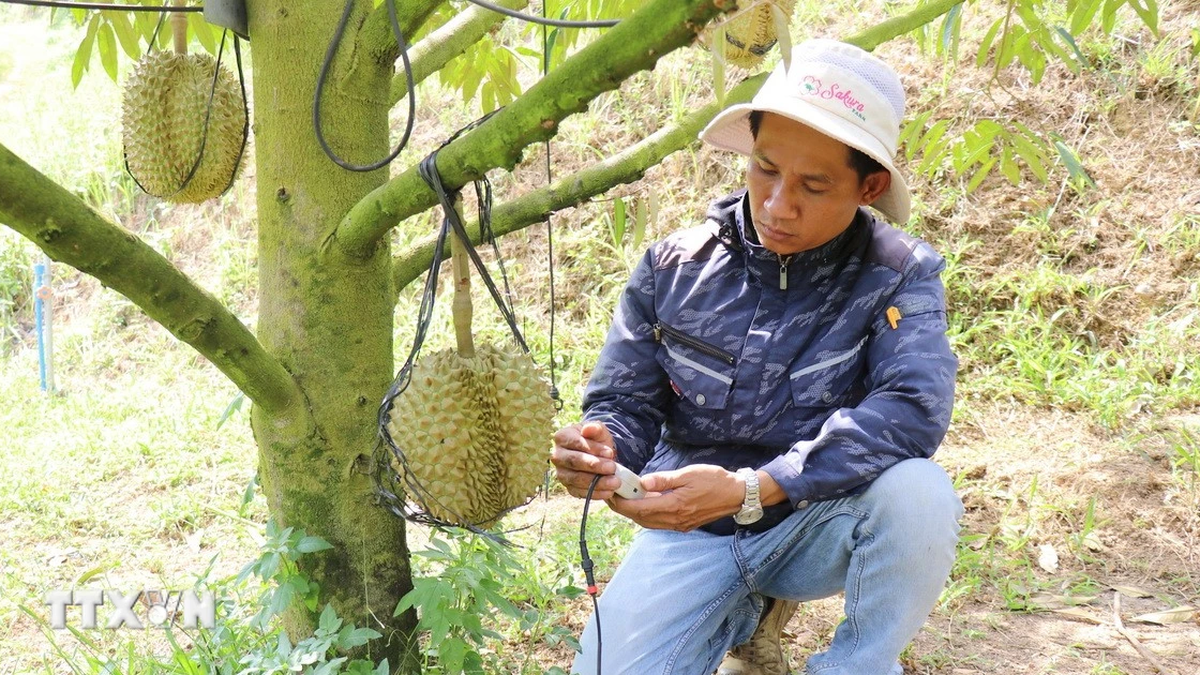
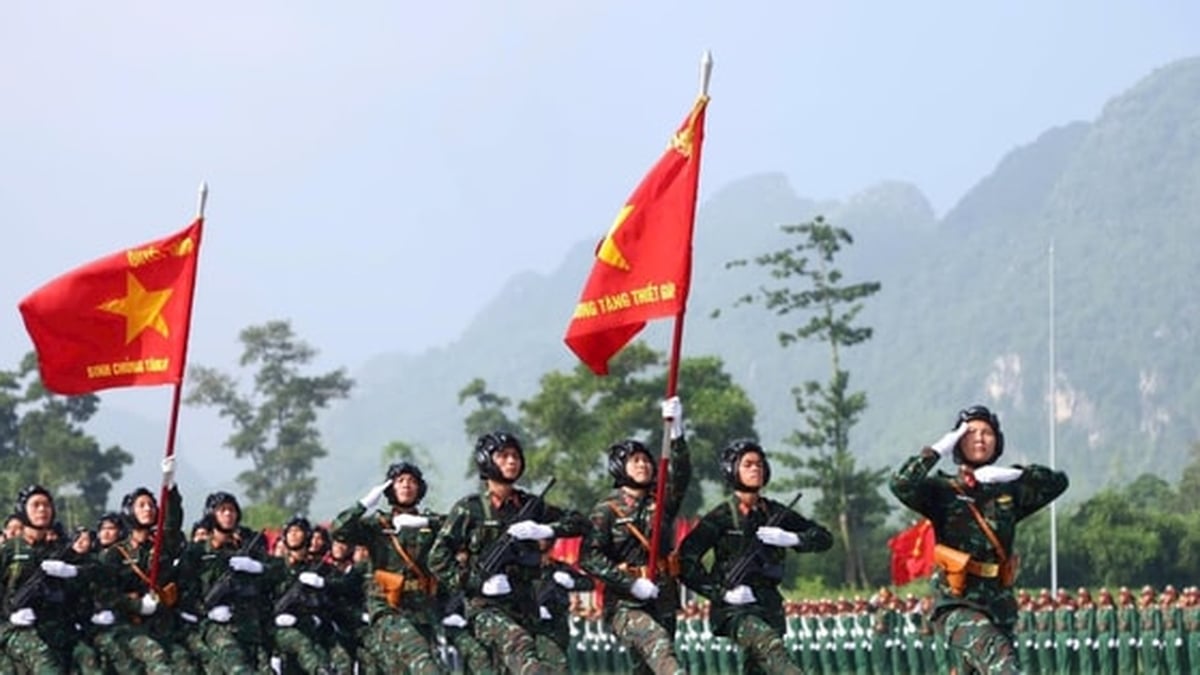

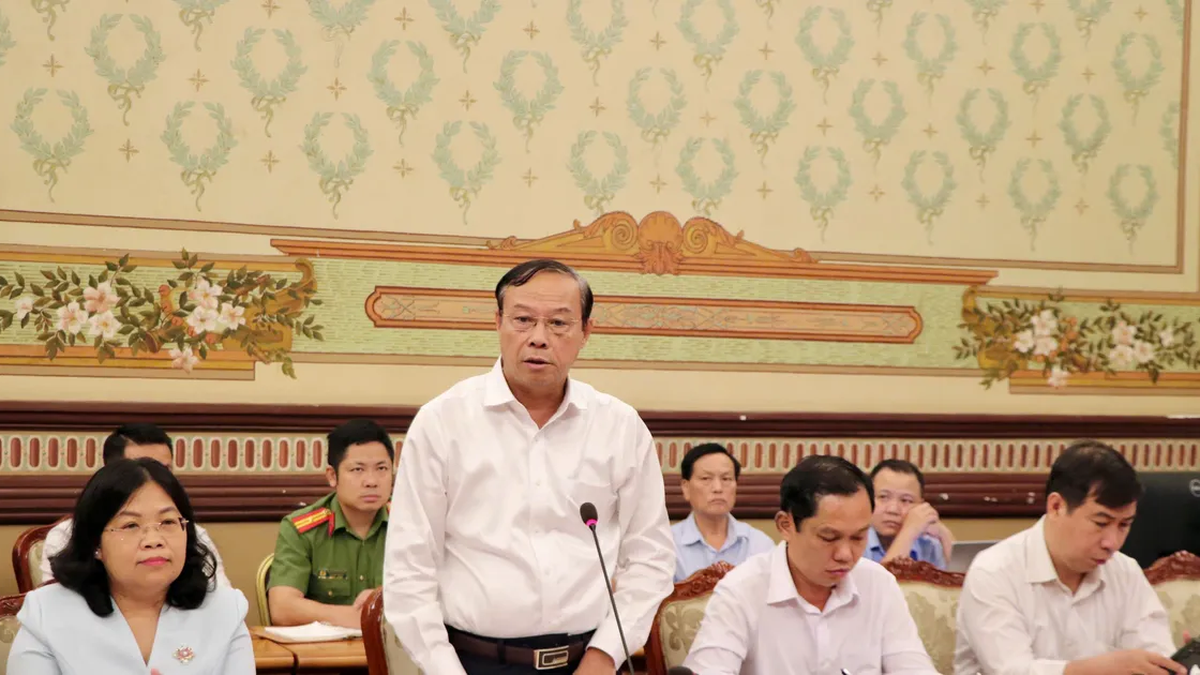
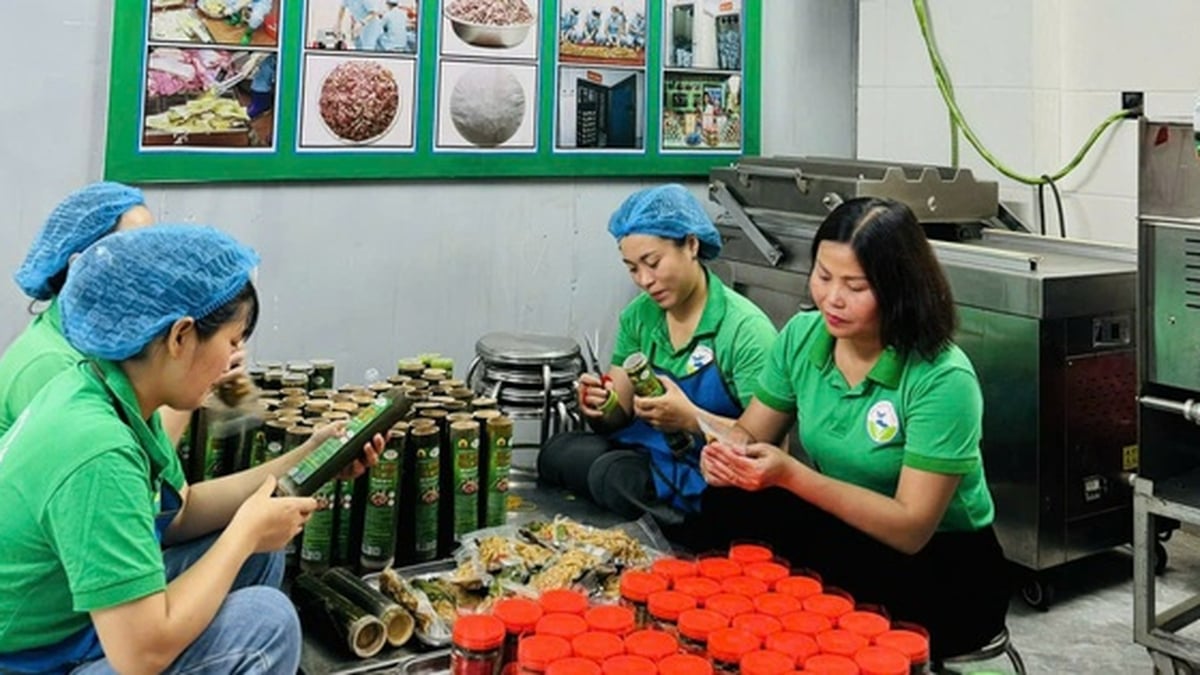
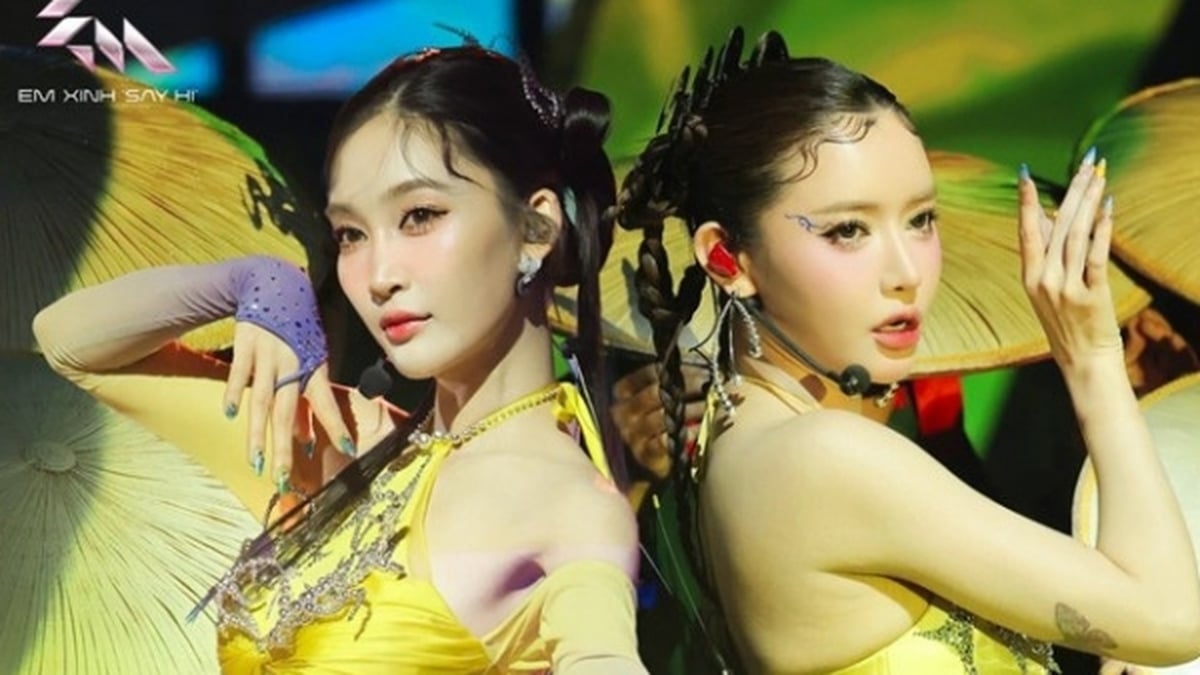
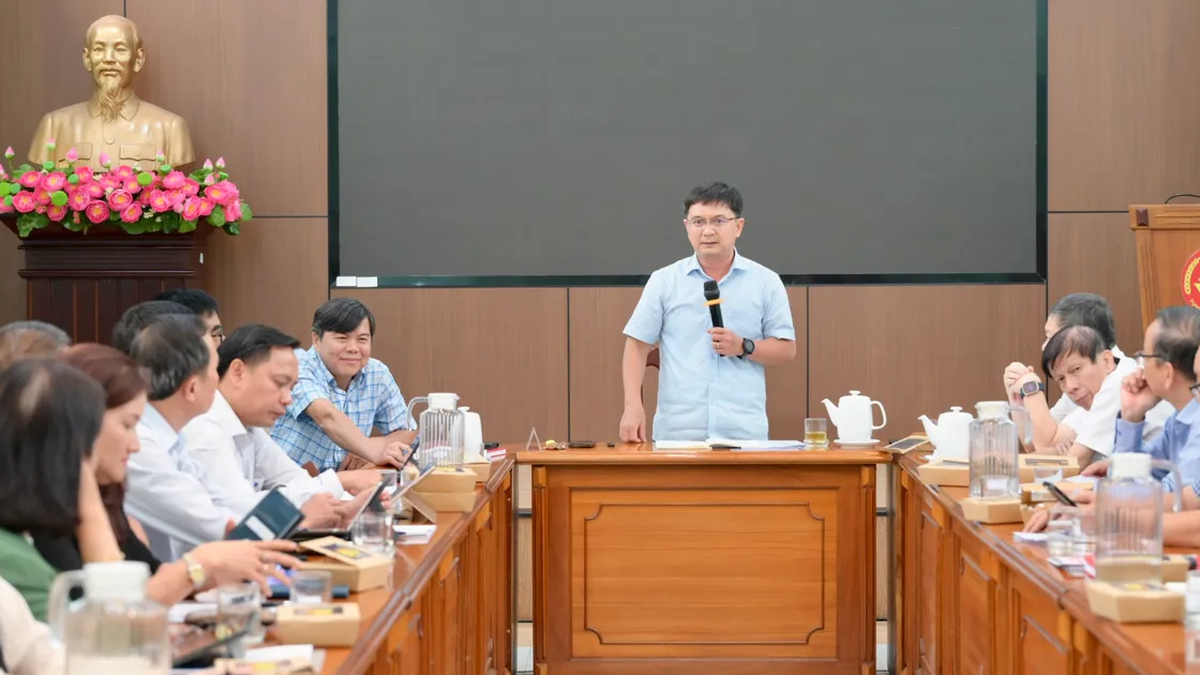











![[Photo] Discover the "wonder" under the sea of Gia Lai](https://vphoto.vietnam.vn/thumb/1200x675/vietnam/resource/IMAGE/2025/8/6/befd4a58bb1245419e86ebe353525f97)







![[Photo] Nghe An: Provincial Road 543D seriously eroded due to floods](https://vphoto.vietnam.vn/thumb/1200x675/vietnam/resource/IMAGE/2025/8/5/5759d3837c26428799f6d929fa274493)





















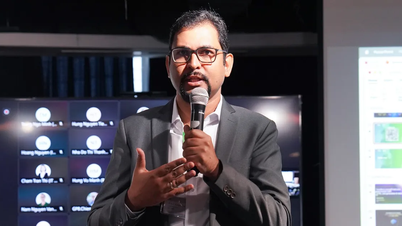



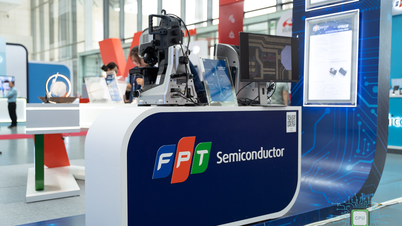

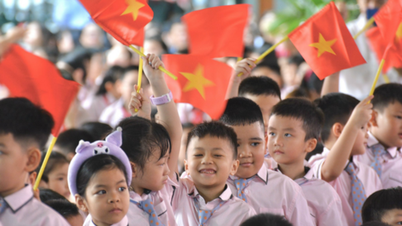



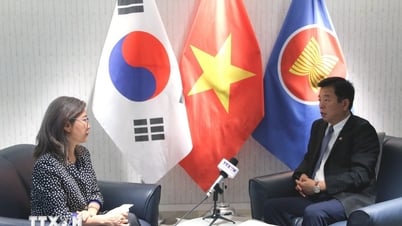


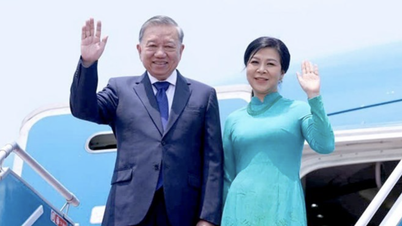
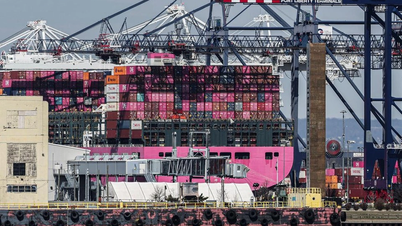
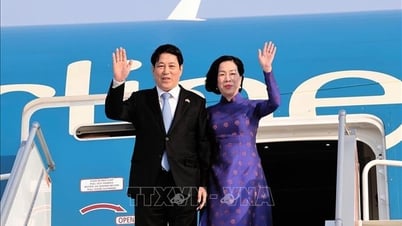

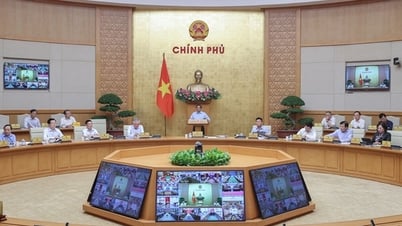

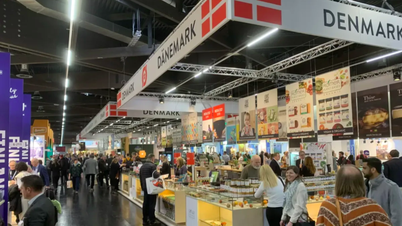

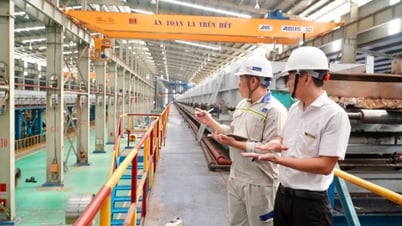
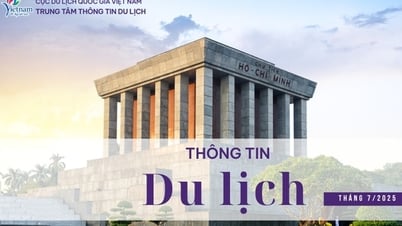

















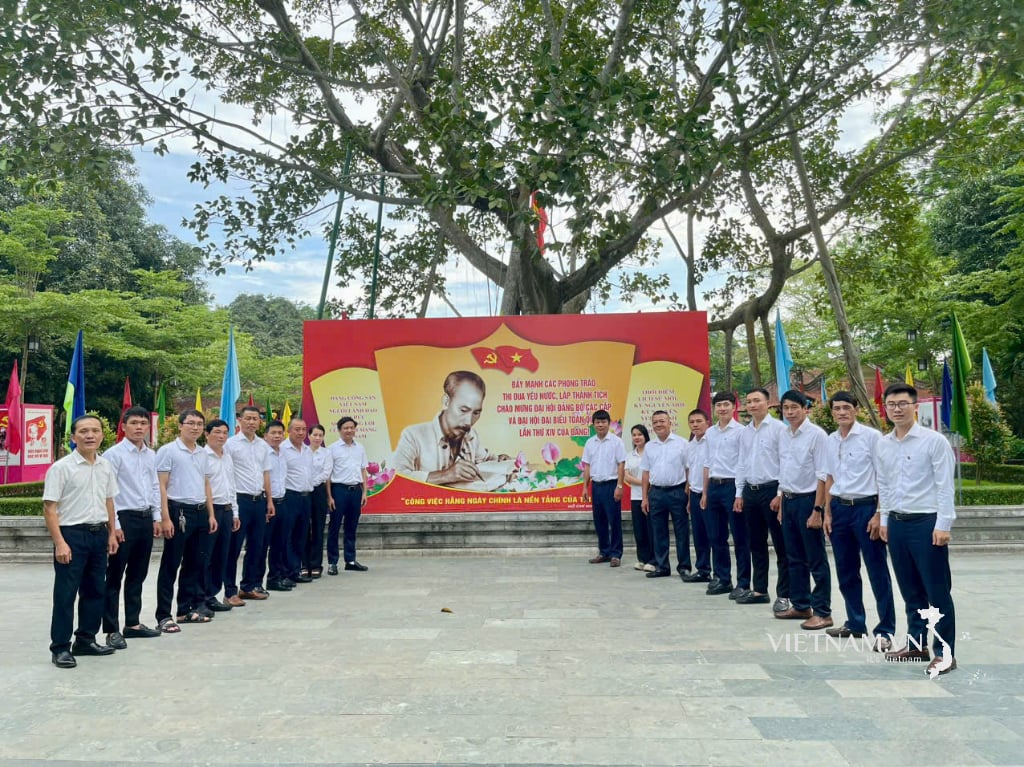
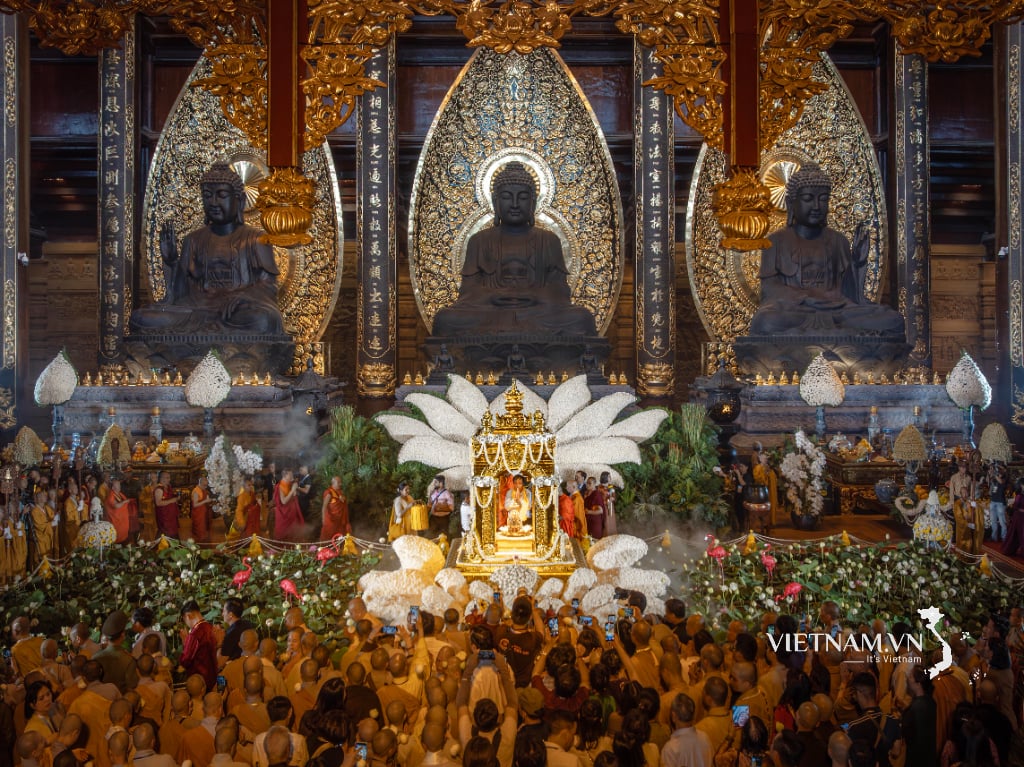
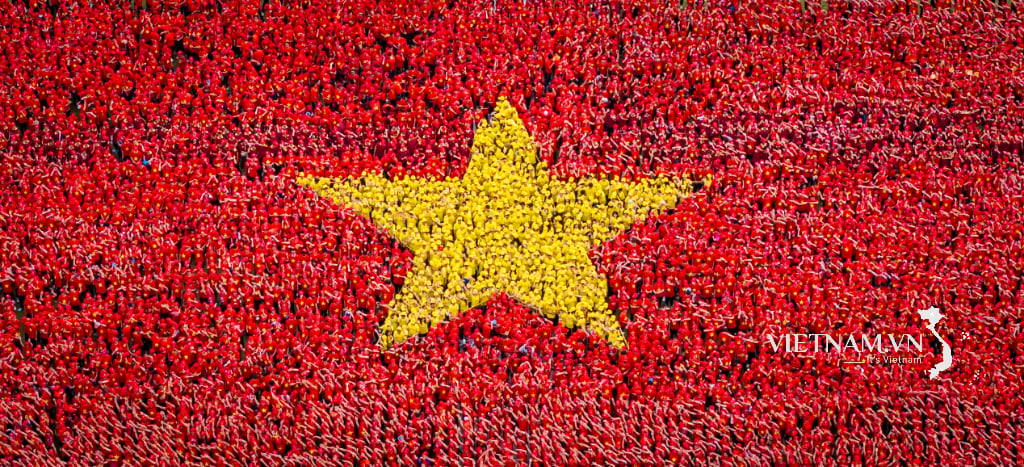
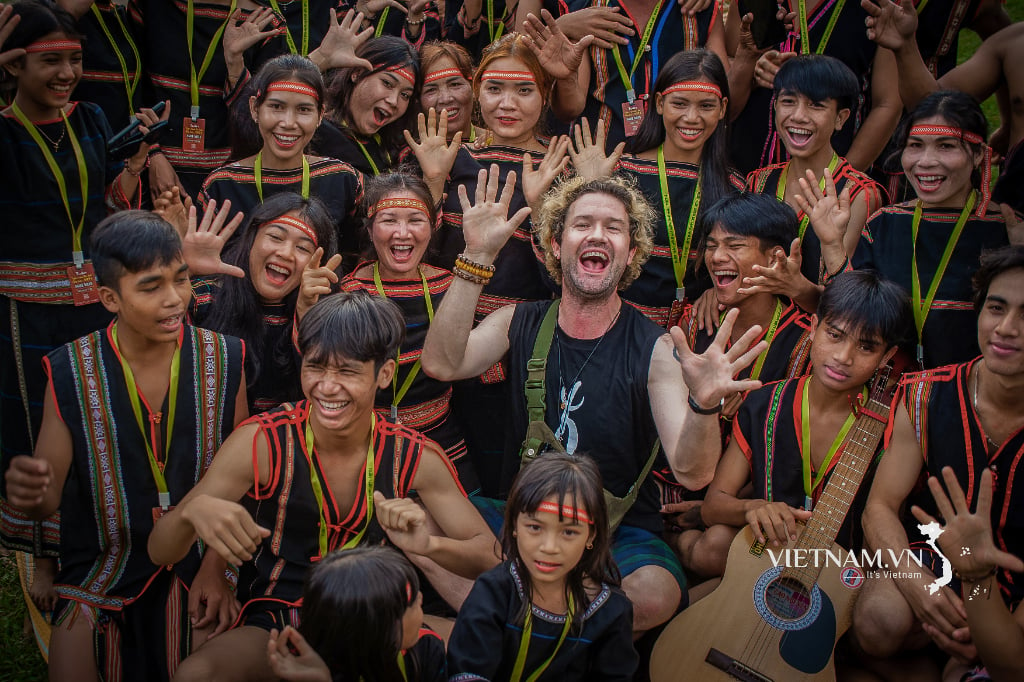
Comment (0)